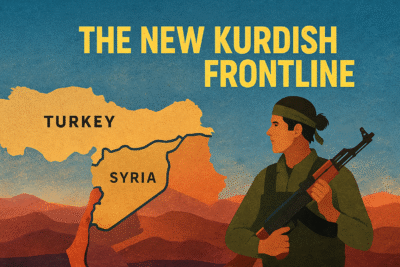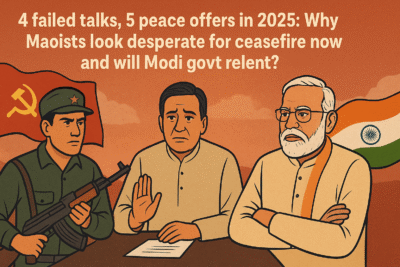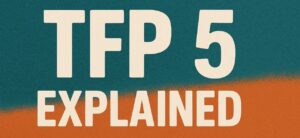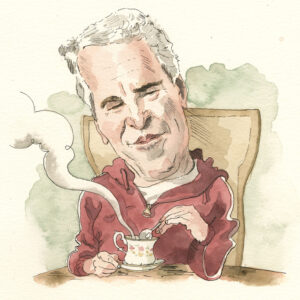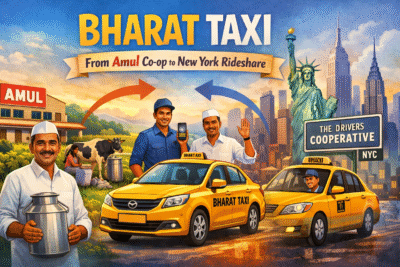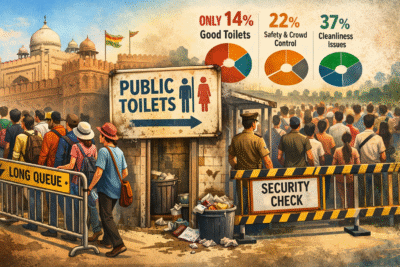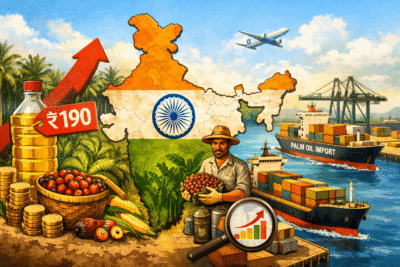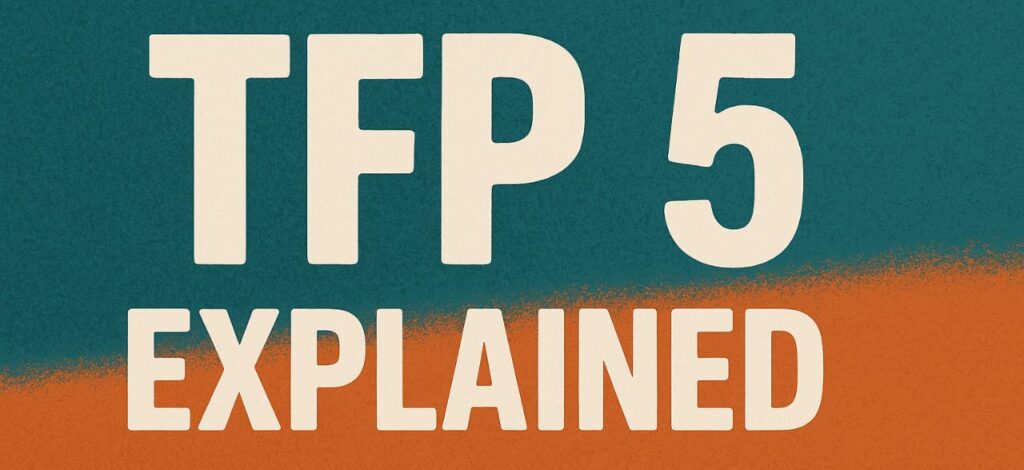
TFP 5 Explained
1.
India’s ‘truth’ trap: Karnataka eyes stiff penalties for fake news
- What? The government of Karnataka has drafted a rather weighty piece of legislation, the Karnataka Misinformation and Fake News (Prohibition) Bill, 2025. This isn’t just a slap on the wrist; it proposes a whopping seven years in jail and fines that could go up to Rs 10 lakh (£9,500 approx.) for anyone caught spreading fake news or misinformation online. But it’s not just about blatant lies; the bill also targets content deemed ‘anti-feminist’, ‘obscene’, or even ‘disrespectful to Sanatan symbols’, which is a broad brush to paint with.
- Who? This controversial bill is the brainchild of the Congress-led Karnataka government, specifically overseen by the minister for Kannada and culture. The plan is to establish a new regulatory authority to enforce these rules, complete with special courts to handle cases.
- When? The bill was recently presented to the state cabinet and is currently under review. It is not law yet but could be implemented soon.
- Where? This legislation targets Karnataka, a southern Indian state known for Bengaluru, its tech hub. However, given the nature of online content, its effects could extend beyond state borders.
- Why? The stated aim is to crack down on the growing menace of false or misleading digital content. The government says this is necessary to protect public health, maintain law and order, ensure public safety, and prevent election manipulation.
- How? The bill proposes creating a regulatory authority with the power to block online posts, impose hefty penalties, and summon individuals before special courts.
- So what? While combating misinformation is important, the bill raises serious concerns about free speech. Critics warn it could be misused to suppress dissent and silence critics. The lack of public consultation before drafting such a sweeping law adds to apprehensions about potential misuse.
2.
The agony endures: families face heartbreak after Ahmedabad Air India crash
- What? Eleven agonising days have passed since Air India flight AI 171 tragically crashed in Ahmedabad. While initial shock may have faded for some, for the victims’ families, grief and trauma remain raw and very real.
- Who? The crash claimed the lives of 242 passengers, including 52 Britons. Families in India and the UK are left to cope with the loss. A joint funeral has been held for some victims.
- When? The crash occurred on 12 June 2025. As of 23 June, grieving continues.
- Where? The incident took place in Ahmedabad, Gujarat, India.
- Why? The plane crashed just 30 seconds after takeoff, leaving no chance for recovery or escape.
- How? Counsellors and community support are helping families cope, but emotional responses vary widely.
- So what? The tragedy highlights the urgent need for improved aviation safety and sustained mental health support for victims’ families. Behind the statistics are real people facing lifelong emotional scars.
3.
Titans of tech: Musk calls Bezos, Ellison, Page ‘smartest people I know’
- What? Elon Musk publicly named Amazon founder Jeff Bezos, Oracle’s Larry Ellison, and Google co-founder Larry Page as among the “smartest people he knows.” This is a rare moment of praise from Musk.
- Who? The statements came from Elon Musk during a podcast hosted by Senator Ted Cruz.
- When? The comments were made public in March 2025.
- Where? Though made in the US, the remarks have attracted attention in India and worldwide.
- Why? Musk measures intelligence by significant achievements and acknowledged Bezos’s difficult and impactful work despite their rivalry.
- How? Through a candid podcast conversation.
- So what? The remarks suggest a thaw in the Musk-Bezos rivalry and highlight mutual respect among tech giants. This could influence industry dynamics and future collaborations.
4.
Psychic shockwaves: tsunami prophecy wreaks havoc on Japan travel
- What? Japanese manga artist Ryo Tatsuki predicted a tsunami will hit Japan on 5 July 2025, causing an 83% drop in travel bookings from Asia.
- Who? Ryo Tatsuki, dubbed the “new Baba Vanga” for past accurate predictions, and Asian tourists cancelling trips.
- When? The prediction concerns 5 July 2025; cancellations have been ongoing through June.
- Where? Japan, with effects felt across East Asia.
- Why? Tatsuki’s manga “The Future I Saw” is credited with previous accurate prophecies, lending weight to her latest prediction.
- How? Social media and news outlets spread the prediction rapidly, stoking public fear.
- So what? The prediction is causing significant economic harm to Japan’s tourism sector and shows how cultural phenomena can influence public behaviour despite lacking scientific basis.
5.
Trade tango: White House teases India over ‘unacceptable’ tariffs
- What? The White House criticised India for imposing a 150% tariff on American alcohol and threatened a 100% retaliatory tariff on Indian agricultural goods.
- Who? US government officials, including press secretary Karoline Leavitt and President Donald Trump, criticised the Indian government’s tariff policies.
- When? The criticism surfaced in March 2025, amid ongoing trade tensions.
- Where? This concerns India-US trade relations.
- Why? The US views India’s tariffs as unfair trade barriers, making American products uncompetitive.
- How? Through public statements and tariff impositions as negotiation tactics.
- So what? These escalating tariffs strain bilateral trade relations, potentially impacting economic cooperation and market access for goods from both countries.
